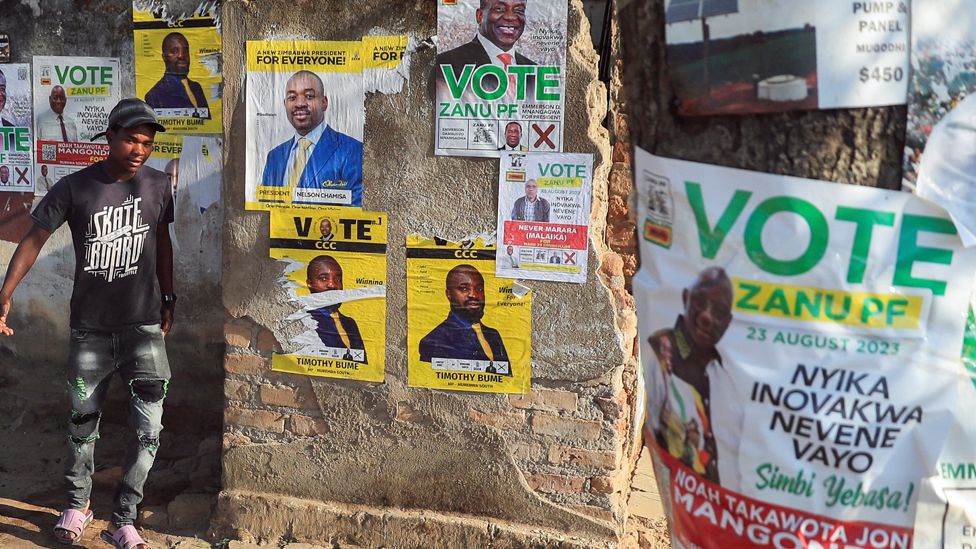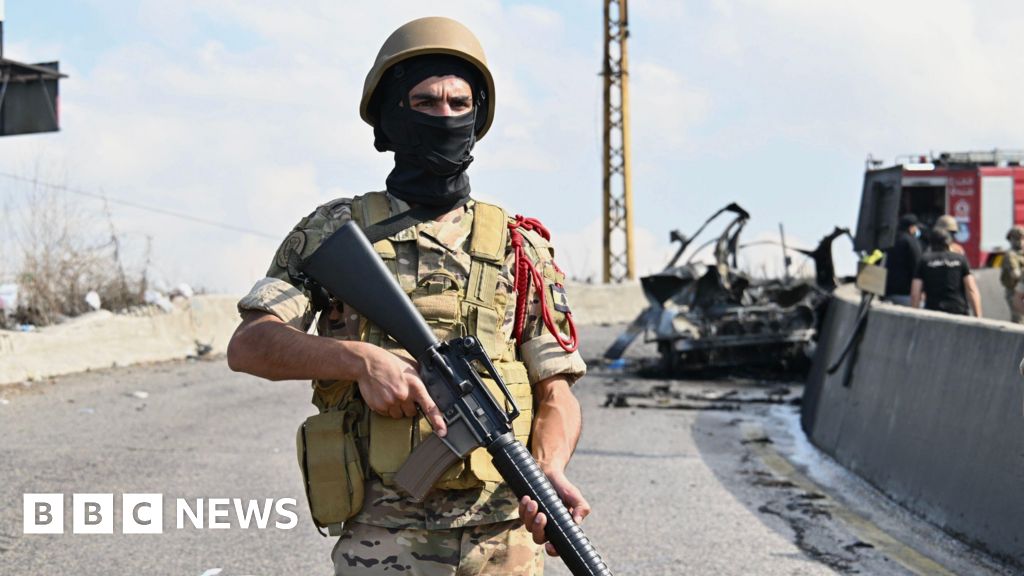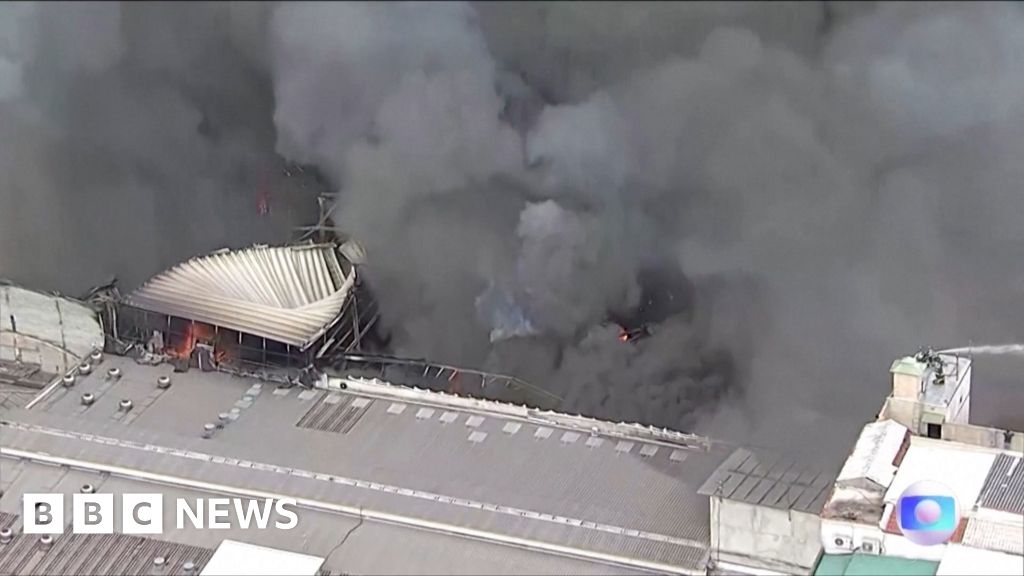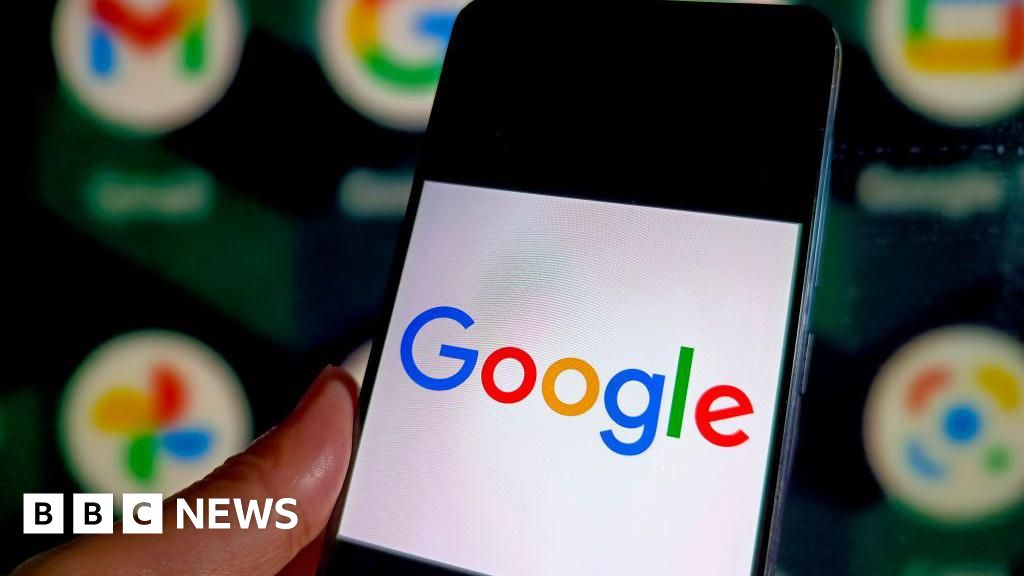ARTICLE AD BOX
 Image source, Reuters
Image source, Reuters
Polls open at 07:00 and close at 19:00 local time and 6.62 million people are registered to vote
By Shingai Nyoka
BBC News, Harare
Zimbabweans are going to the polls in presidential and parliamentary elections after a campaign dominated by the country's soaring inflation.
The day has been declared a public holiday to allow the 6.62 million registered voters a chance to vote.
President Emmerson Mnangagwa faces 10 challengers, including Nelson Chamisa of the main opposition Citizens Coalition for Change (CCC).
A presidential candidate needs more than 50% of the vote to win.
If there is no outright victor, a presidential run-off will be held in six weeks on 2 October.
It is first election since the death of Robert Mugabe, the man who dominated Zimbabwean politics and the ruling Zanu-PF party for decades.
He died in 2019 nearly two years after he was ousted in a military takeover and replaced by his deputy, Mr Mnangagwa.
Polling stations will open at 07:00 local time (05:00 GMT) and voters will also be casting ballots for local councillors.
Ahead of voting day, election officials were setting up polling stations in the capital, Harare, and removing political posters that were in close proximity to comply with electoral laws.
Police have been deployed around the country to maintain peace and order, and their numbers will be bolstered by prison officers, according to police chief Godwin Matanga.
He maintained the pre-election period had been largely peaceful despite some skirmishes.
However, opposition parties say a disproportionate number of their rallies were banned by police or disrupted.
One CCC supporter was killed in violence earlier the month. Police have arrested 15 suspects in connection with the case.
The Zimbabwe Electoral Commission (Zec) has warned people not to wear nail varnish or nail extensions on their left pinkie finger, which will be marked with indelible ink after voting.
Monitoring groups have raised issues about alleged anomalies on the voters' roll, saying some names have been moved from their usual place of voting to other areas.
There has also been criticism about last-minute boundary changes, meaning voters may not know their assigned polling station has changed.
Mr Mnangagwa, who is seeking a second term in office, is anxious to get an international stamp of approval for the vote so Zimbabwe's foreign debt can be restructured and potentially open up fresh lines of credit frozen more than 20 years ago.
He has struggled to contain roller-coaster inflation, which was in the single digits in late 2017. It reached 176% in June with figures out this week showing it has dipped to 77.2% from 101.3% in July.
Zanu-PF did not produce a manifesto, saying the president's work speaks for itself, with a boom in mining and big investments in infrastructure.
But the CCC says ordinary people have not benefited, with one in four Zimbabweans out of regular work. Mr Chamisa says he plans to scrap the volatile local currency if he wins.
Polls close at 19:00 local time (17:00 GMT). The presidential results are due within five days.
Around the BBC
Related Internet Links
The BBC is not responsible for the content of external sites.

 1 year ago
19
1 year ago
19








 English (US)
English (US)